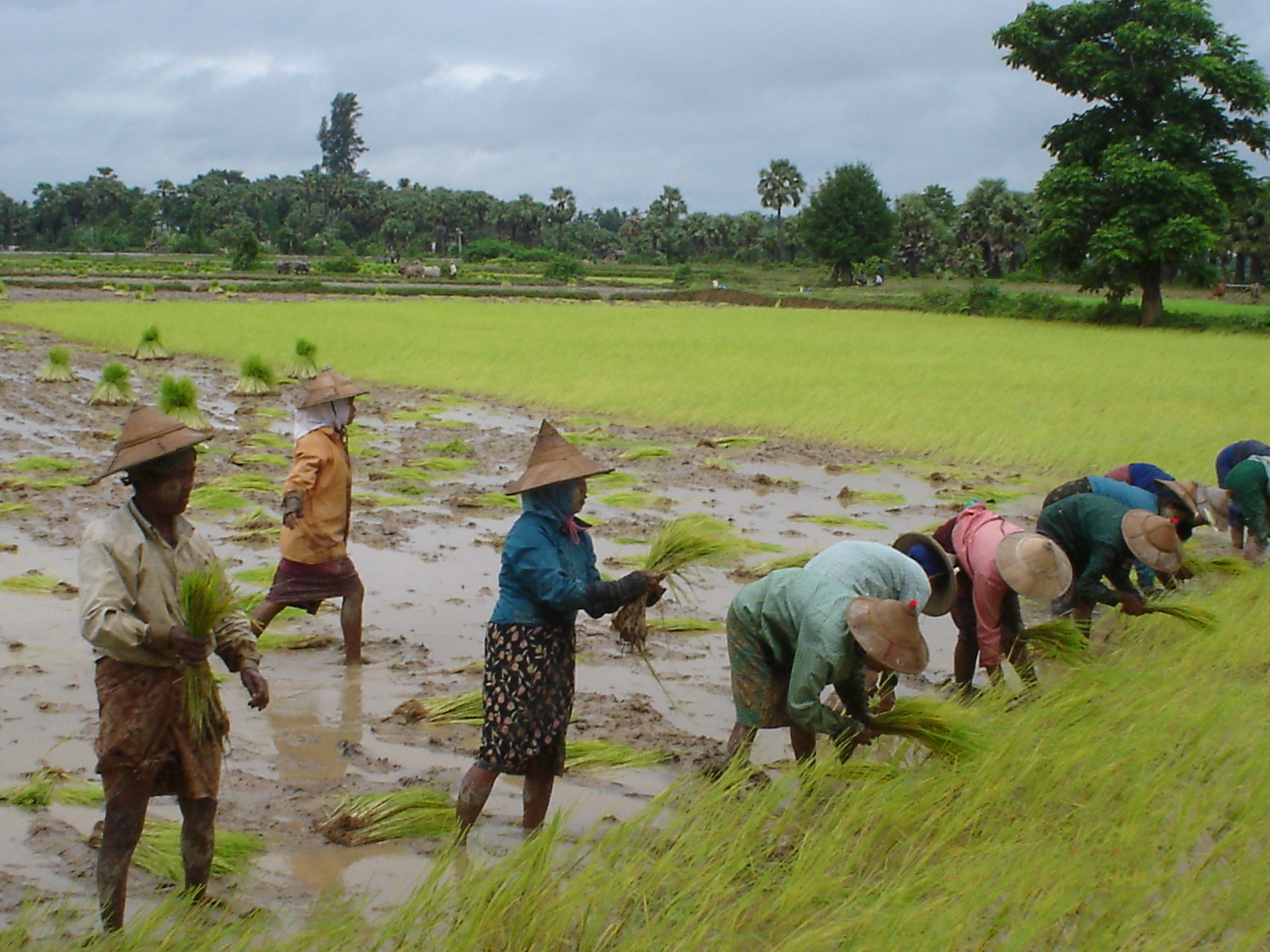India, the largest rice exporter in the world, is set to import around 100,000 tonnes of rice from Burma, which was once the largest exporter of the commodity.
The move is a result of logistical bottlenecks that will hinder the transportation of rice to the northeastern states of India. The rice import is a preventive measure to avoid a supply crisis in the states of Manipur and Mizoram, where a railway construction project is underway.
In the absence of feasible transport routes to connect Mizoram and Manipur with the rest of India during this phase, the Food Corporation of India will import rice from Burma, which is well connected by road to these northeastern Indian states, according to a report in the Indian daily, The Economic Times.
Though what seems like a temporary arrangement, the move seems to further calibrate India’s “Look East” policy, in which bilateral relations with Burma have always been prioritized to combat Chinese monopoly in the region.
All efforts to increase India’s bilateral trade with Burma are viewed as an essential and natural strategy to increase Indian influence within a country that it shares much with, including a colonial history and a 1,009-mile border.
The decision to import rice from Burma, even despite surplus production at home, fosters a mutually inclusive economic understanding between the two countries, which are both competitors in South Asia for rice export.
[related]
The rice import also provides an opportunity for India to explore and identify the potential capacity of the northeastern states, volatile with secessionist and insurgent groups, but also shares an extensively vast percentage of its borderlines with regional neighbours. According to a report published by Gateway House, an Indian think tank, the exchange of commodities between India and Burma via its northeastern terrain will aid India in tapping into the hitherto neglected role that northeast can play in further strengthening the trade possibilities between the two countries.
At present, it is unclear whether the trade route will be via the Chittagong port or via land routes, although The Economic Times suggests the latter. Interestingly if the trade is to be via road, it will be carried out across the commonly disputed borderlines of Burma and India. The landscape of northeast India, which merges relatively seamlessly into Burmese territory, has been a belt of narcotic activity and arms trading, and is also infested with insurgent rebel groups on either side of the border.
Former Indian military commander, Rahul Bhonsle, who spearheads Security-Risks.com/South Asia, explained to DVB about the need to buckle up security at either ends of the trade routes. “In the case of the land route being used, adequate checks [must be implemented] to ensure that the [rice] transportation is not used by the criminal and militant nexus operating across the borders to their advantage,” said Bhonsle.
The increasing importance of transport routes via India and Burma as a priority was emphasised at the fifth annual Indo-US strategic dialogue. The strategic importance of building transport trade routes via Burma serves a twofold purpose for India: increasing trade connectivity; and serving as a strategic entry portal into Southeast Asia.
For Burma, the export deal with India comes at a time when the rice industry faces stiff competition from its neighbours; the Myanmar Rice Federation demanded tangible rice policies earlier this year to match the level of surplus production of other rice-exporting countries.
The latest five-year national export strategy, unveiled by the Burmese government on 5 September, has accredited rice exports to be of “highest importance” in 2014-15, reported Oryza, a leading rice industry publication..
“The [Burmese] government is planning to explore newer markets for its rice exports,” it said, part of a strategy to revive Burma’s once famed rice export legacy.
With this deal underway, India will be importing rice after almost three decades.



